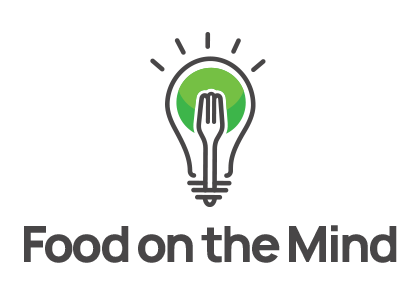Is alcohol hurting your progress?
Alcohol is a part of many of our lives. Birthdays are celebrated by drinks. Lives are commemorated with booze. We laugh over libations and commiserate over cocktails at our favorite bar with our favorite bartenders. I mean, cmon, it’s called happy hour. But maybe, just maybe, alcohol consumption might be something to avoid.
Now, before you get out your pitchforks, hear me out. I absolutely agree that alcohol in moderation is perfectly healthy and in some studies has been shown to have a correlative effect to longer life expectancy. *I believe that correlation likely has more to do with the social behaviors of moderate drinkers vs teetotalers but there’s no evidence either way. However, if you’re reading my blog it likely means you are looking for change. And one thing that many of us could change, even temporarily, is alcohol.
Alcohol can have a sedating or mood improving quality, at least acutely. However, it also has effects on serotonin and other neurotransmitters which can lead to increases in anxiety and depression. This effect is likely exacerbated by quantity of drinks. We’ve all woken up with that terrible anxiety the day after a night of heavy drinking. It’s not just worrying about what you did last night, there’s an actual chemical response going on in the brain. So the question becomes, is that temporary release at night worth the potential increase in daily anxiety and potential depression?
Alcohol also effects sleep. The sedative nature may help us fall into a deep sleep quickly but it also disrupts our REM sleep patterns and leads to lower quality sleep with more frequent interruptions. Alcohol also increases likelihood of sleep apnea by up to 25%. The risks of untreated sleep apnea include high blood pressure, stroke, heart failure, and heart irregularities. Pretty serious stuff. In fact, one study showed that moderate alcohol use (2 drinks for men, one for women) resulted in a 24% reduction in sleep quality.
In addition to the effects that alcohol has on us while we sleep, that lack of sleep quality can have a direct effect on our eating behaviors the following day. Poor sleep causes changes in leptin, ghrelin, and cortisol which are all hormones that have a regulatory effect on hunger and satiety. So we wake up more hungry, less satisfied by what we eat, and a desire to make that headache and brain fog disappear with a sausage egg and cheese on an everything bagel. If we are trying to make changes in our nutritional goals that might not be our best choice.
Last, we all know we might not make the greatest choices after a night of drinking. These choices might be as benign as choosing “I Will Always Love You” at karaoke or as serious as choosing to drive while intoxicated. Most likely it falls in the middle and we find ourselves elbow deep in a Gordita and a 10 pack of soft tacos from Taco Bell. And that just leads to all kinds of problems over the following 24 hours.
Alcohol, even in moderation, appears to have some detrimental effects on sleep and mood. Especially in those with a propensity for mood disorders. It also has a pretty dramatic effect on sleep. Add that into our decreased decision quality and we have a pretty good argument that for those of us who are trying to change our health and lifestyle, alcohol cessation might be a worthwhile step. The choice has to be yours alone. There’s no moral imperative here, alcohol isn’t “bad”, it just might be antithetical to our goals. After all, if nothing changes nothing changes.

